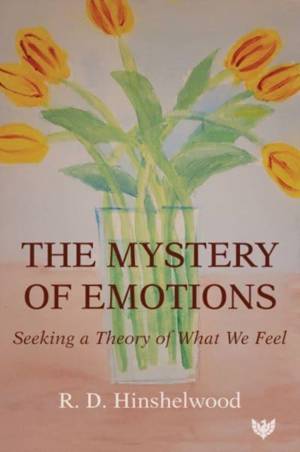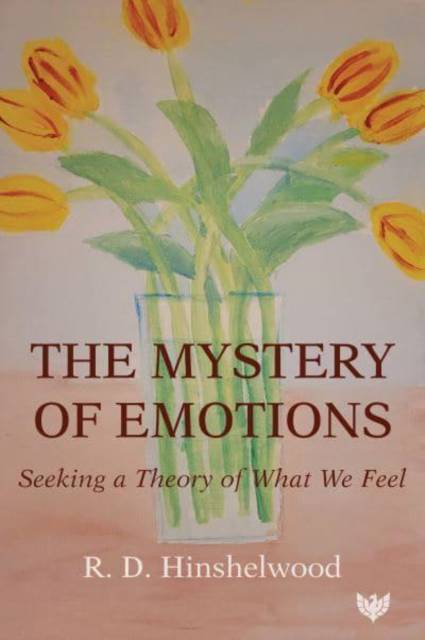
Bedankt voor het vertrouwen het afgelopen jaar! Om jou te bedanken bieden we GRATIS verzending (in België) aan op alles gedurende de hele maand januari.
- Afhalen na 1 uur in een winkel met voorraad
- Gratis thuislevering in België vanaf € 30
- Ruim aanbod met 7 miljoen producten
Bedankt voor het vertrouwen het afgelopen jaar! Om jou te bedanken bieden we GRATIS verzending (in België) aan op alles gedurende de hele maand januari.
- Afhalen na 1 uur in een winkel met voorraad
- Gratis thuislevering in België vanaf € 30
- Ruim aanbod met 7 miljoen producten
Zoeken
€ 46,45
+ 92 punten
Omschrijving
Psychoanalysis is, above all, the science of the emotions but, as yet, there is no single accepted theory of affects. Instead, there are many, all of them too limited, based, as they are, on idiosyncratic introspection. R. D. Hinshelwood presents an extensive scoping of the prominent theories from the philosophy of mind and academic psychology alongside a review of psychoanalytic ideas based on instinct theory or object relations. This wide review of divergent theories from various disciplines helps to mitigate variation and identify commonalities. From this scoping exercise, Hinshelwood creates a form of qualitative meta-analysis which enables the most common dimensions to come to the fore - namely, 113 features of affects form a more general theory with four dimensions. This more systematic view offers an affective 'space' as a model for thinking about the nature of affects, their origins, and their consequences. At the same time, Hinshelwood retains the personal. He starts with the memory which initiated his quest to understand how much we are rooted in the experience of our feelings and includes a chapter documenting his own idiosyncrasies to bring his own bias to the fore. In this way, the book preserves the especially personal and intimate quality of its universal topic.
Specificaties
Betrokkenen
- Auteur(s):
- Uitgeverij:
Inhoud
- Aantal bladzijden:
- 244
- Taal:
- Engels
Eigenschappen
- Productcode (EAN):
- 9781800131743
- Verschijningsdatum:
- 16/03/2023
- Uitvoering:
- Paperback
- Formaat:
- Trade paperback (VS)
- Afmetingen:
- 150 mm x 229 mm
- Gewicht:
- 4259 g

Alleen bij Standaard Boekhandel
+ 92 punten op je klantenkaart van Standaard Boekhandel
Beoordelingen
We publiceren alleen reviews die voldoen aan de voorwaarden voor reviews. Bekijk onze voorwaarden voor reviews.









